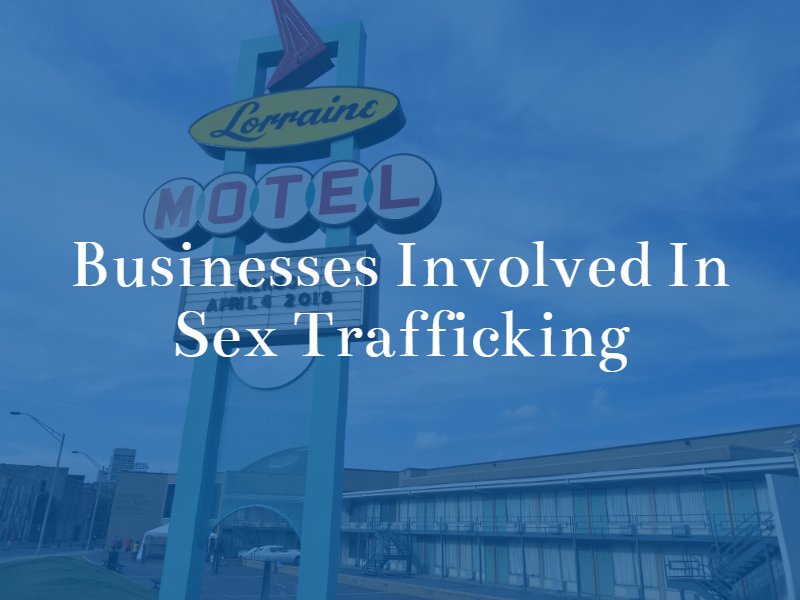A Voice for the Voiceless
The Dunken Law Firm is committed to helping each client find their voice and recover what has been lost.
START MY FREE CONSULTATIONMarch 20, 2020 | Human Trafficking
Human trafficking is a multi-billion dollar criminal industry that denies freedom to 40.3 million people around the world. It is unsettling, but the reality is that commercial sex exploitation is found in the underhanded business practices of employers in Texas and across the U.S. Many of which also provide legitimate services, such as hospitality businesses (hotels, casinos, restaurants, bars, etc.), the banking system, transportation companies, health care providers, and digital social media platforms. Whether or not these businesses are aware that sex trafficking conditions exist, if they directly or indirectly benefit from the crime, they can be held liable to the victims in a third-party claim.

Most commonly, it is employed men who have a disposable income that procure sexual services. Activities can typically cost anywhere from $15 to more than $1,000. Approximately 15 to 20 percent of men in America have bought sex at least once, according to a review which pulled data from 21 different studies. However, researchers were unable to tell how many victims there were, along with if the clients knew they were purchasing victims of sex trafficking.
A study comparing a nationally representative sample of men with those who were arrested for purchasing sexual favors, found that the men who bought sex were often educated and slightly more likely to be unmarried. Furthermore, a different study on 115 Ohio women who had previously been victims of child sex trafficking and 43 of which were currently victims of adult sex trafficking, shed light on the occupations of their clients. Their customers included male drug dealers, construction workers, truckers, social workers, pastors, lawyers, businessmen, members of law enforcement, city employees, and more.
Purchasing sex online is also booming, with an average of one out of every 20 males older than 18 responding to a sex ad, according to one study across 15 metropolitan cities. They arrange an encounter by either texting or calling.
In 2017, President Donald Trump signed a bill into law, called the ‘‘Allow States and Victims to Fight Online Sex Trafficking Act of 2017’’ (FOSTA). This law allows for more legal action to be taken against third-party websites that support prostitution and online solicitation, by victims and their legal representatives.
In January 2019, President Trump signed into law the reauthorization of the Trafficking Victims Protection Act (TVPA). The legislation outlines nine specific actions countries can take to demonstrate that they are stepping up efforts to combat human trafficking. The “concrete actions” include prosecutions, ongoing investigations into human trafficking cases and convictions, offering victim services, and allocating sufficient resources to address trafficking.
Since the TVPA was originally enacted in 2000, virtually every state has enacted some form of anti-human trafficking legislation creating criminal and civil liability for corporations that benefit from labor and sexual exploitation.
Businesses such as hotels and transportation businesses may be aware of sex trafficking taking place, but often turn a blind eye since it is financially advantageous for them. It is likely that there are opportunities for them to identify signs of and report sex exploitation, but instead allow it to happen, so they are profiting. However, doing so will leave them open to increased liability, as they will be considered complicit in the crime.
We are Here to Help
If you or someone you know is a victim of sex trafficking, contact the National Human Trafficking Resource Center at 1-888-373-7888. For the support and knowledge of an experienced human trafficking attorney, reach out to the Dunken Law Firm. We offer free case evaluations, call (713) 554-6780 today.